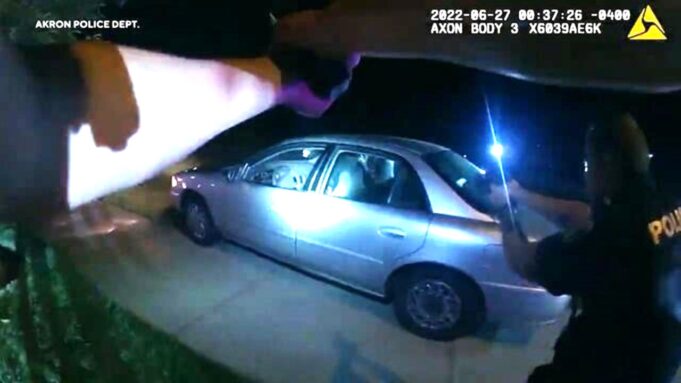Family, friends, community leaders, and a large cross-section of residents expressed deep disappointment with city government after a grand jury failed to return an indictment April 17, against any of the eight Akron police officers, who shot down unarmed Jayland Walker, 25, in a hail of gunfire after the young, Black man exited and ran away from his vehicle during a car chase June 27 last year.
According to the Ohio Bureau of Criminal Investigation (BCI), police fired a total of 94 rounds, including a combined 70 shots from four of the officers, striking Mr. Walker a total of 46 times both before and after his body fell to the ground.
Holding a memorial at the site where police gunfire killed him, local leaders, activists, and residents expressed dismay over the fact that so many shots were fired into an unarmed person, who was purportedly running in fear for his life. According to an official narrative by the Ohio attorney general’s office, BCI Special Agent (SA) Cory Momchilov reviewed and compared Firearm Laboratory results
“with statements, photographs and other evidence” concluding that Mr. Walker initiated the incident by allegedly firing one bullet from his car while being chased. The report also noted that a handgun was found in Walker’s vehicle after police killed him.
“The fired cartridge case that was located on the Route 8 south entrance ramp, near where it was reported that Jayland Walker had fired a shot, returned to the firearm that was located in Walker’s vehicle,” according to the BCI Investigative Report summary. “An additional fired cartridge case was located in Walker’s vehicle. That fired cartridge case also returned to the firearm that was located in Walker’s vehicle,” the report summary continued.
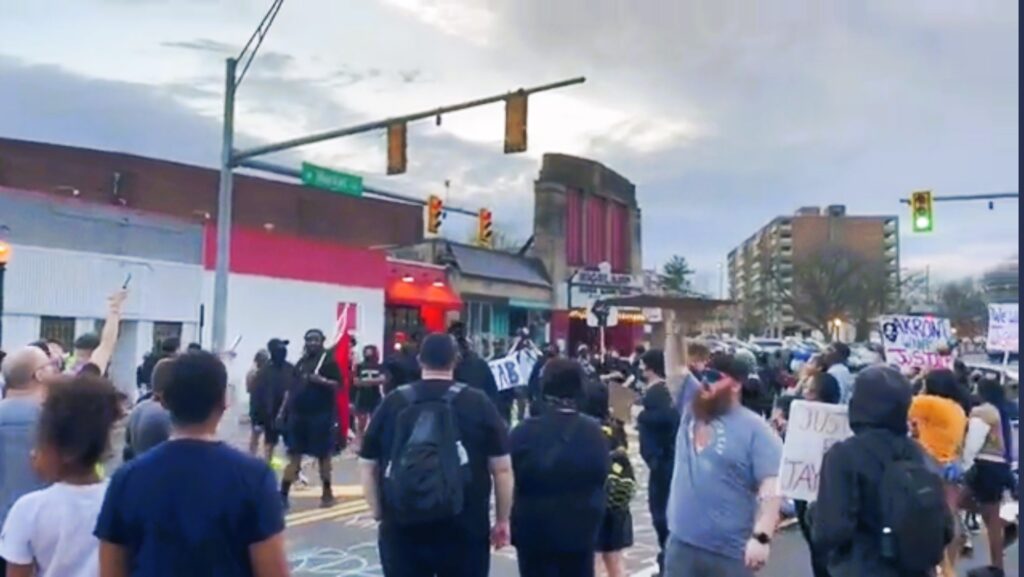
But community leaders, activists, and family members have more questions than answers and contend that the excessive use of firepower against one person running away from them is unwarranted and that continuing to shoot into a fallen body demonstrates not an intent to apprehend, but a callous intent to kill without mercy.
Beyond devastated
Stating that he doesn’t see how anyone could even ask how the family is handling news of the grand jury decision, and its refusal to indict any of the officers involved, Pastor Robert DeJournett of St. Ashworth Temple Church of God in Christ, who is also a cousin of Jayland Walker and a spokesman for the family, told The Final Call that none of Jayland’s family members are taking the news well.
“The family is beyond devastated, just totally and profoundly sad, hurt, angry, not really understanding why there were no indictments, and that the presentation of what we saw from the attorney general’s office, we don’t feel that it was a fair presentation because it seems like they were presenting it to justify the actions of the police,” pastor DeJournett said.
“They tried to deflect on Jayland’s character, who he was, his state of mind. We feel it was an intentional effort to deflect because none of these things have anything to do with the 90 shots and the 46 hits to that young man’s body. There’s no justification to that, and if that’s justice, our system definitely needs a 180 (degree) makeover,” he said.
“We need to see the transcripts of everything, even the instructions that they gave to the grand jury because we don’t know what they were charged or overcharged with, and if what we saw is all they saw, then what is justice?” Pastor DeJournett asked. “The systems that are in place are layered in place with policies and procedures, (but) are those policies and procedures, are they made to protect those trying to protect the system, and what does the training look like for those officers?”
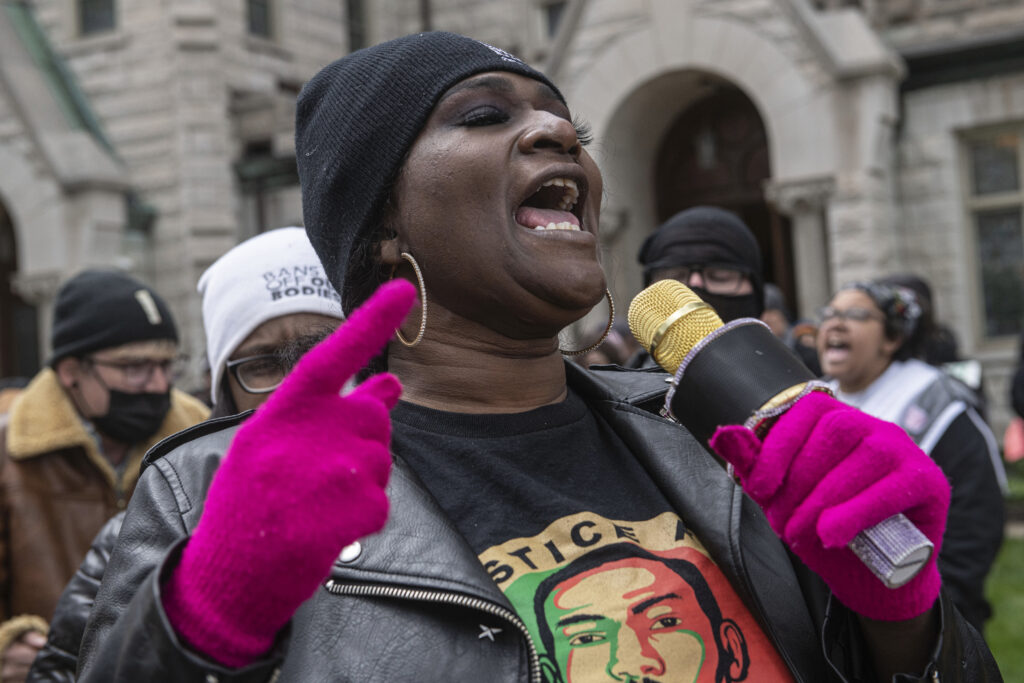
Akron NAACP President Judi Hill agreed that Akron has had a long history of problems between police and the Black community and told The Final Call that many efforts toward reform have been sandbagged by a local government beholden to interests indifferent not only to the plight of Akron’s communities of color but also to Black people specifically.
“It’s unfortunate that in the City of Akron the relationship between police and the African American community, it’s obviously broken, tainted, and I don’t know anyone in their right mind who thought that officers shooting over 90 bullets into a young man’s body was OK. And so we were trying to allow the process to occur, we did that to the best of our ability,” Ms. Hill explained.
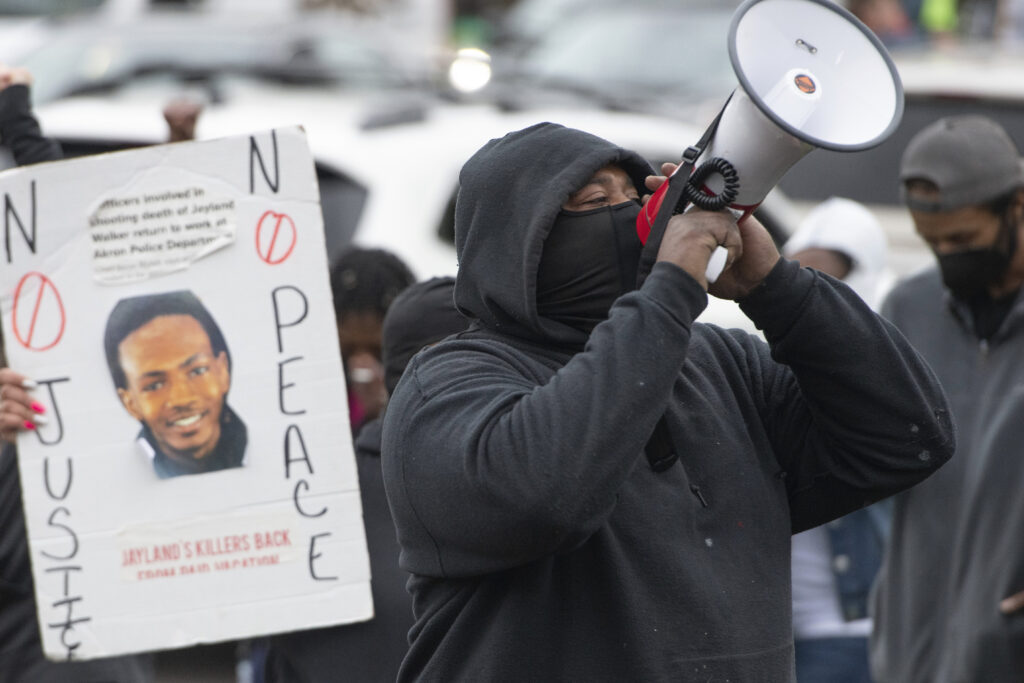
“What we saw and heard from the grand jury was not just about what they presented in evidence, but they had the nerve to talk about their assumptions about Jayland Walker’s mental state. I find that absolutely ridiculous. His mental state? First of all, (they) are not psychologists, and (they) don’t even know what the hell (they’re) talking about,” she insisted.
“Second of all, they were supposed to look at the facts of the police officers and what they did to Jayland Walker’s body,” the NAACP president said. “If you get a chance to watch that press conference from the attorney general’s office, you will hear something totally different. It’s one of the saddest things. So right now, relationships are fractured, people are angry, they’re frustrated, they’re hurt, our expectation was at least someone would be indicted. Maybe not all eight, but some of them,” she said.
“I can tell you the police department will have to make the changes necessary in order for us to have civility in our city. They’re going to have to make some decisions.” Ms. Hill added. “We recognize that the city has a history, and we have to address it. What would be really good is if they were under a consent decree by the federal government, we’re going to push it and keep talking about it,” she said. “When we talk about a consent decree, they get nervous.”
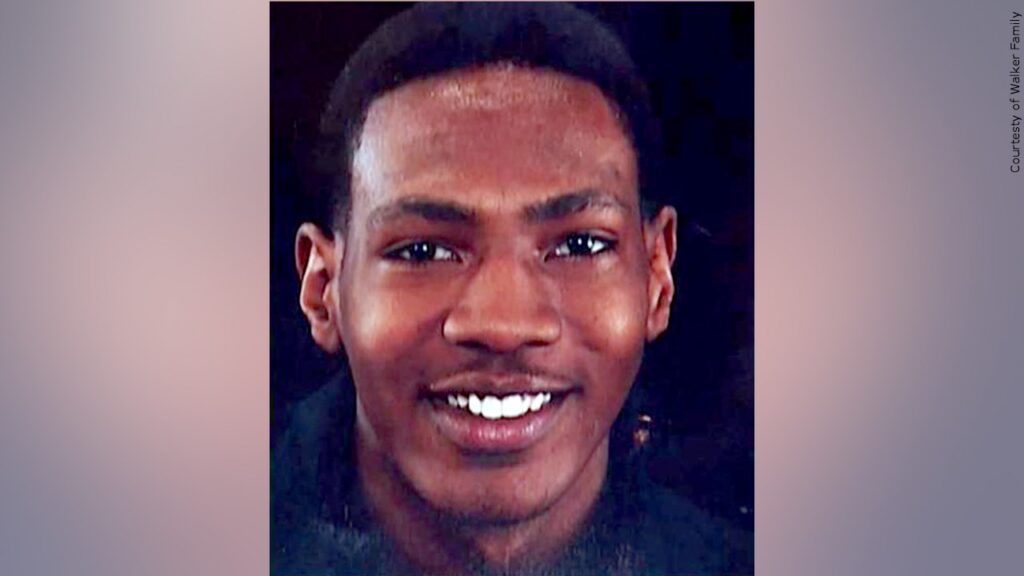
The purpose and intention of a federal consent decree is to promote police integrity within the departments and prevent conduct that deprives individuals of their rights, privileges or U.S. Constitutional rights.
Other community leaders agree that fractures exist between local police and their interactions with Akron’s Black community and that much work is required to gain the people’s trust and confidence. Pastor Gregory Harrison, of Akron’s Antioch Baptist Church, who is also a retired police officer with 30 years on the force, told The Final Call that there is much more to the story of community and police relations than the public understands. He read a prepared statement to The Final Call for the City of Akron and for the rest of the country to consider:
“I believe that the issues facing Akron right now go deeper than this decision concerning the officers—to charge or not charge the officers. Historically, Akron has had some long, systemic issues of race, poverty, and education to name a few. Akron has not come to the table honestly. Over the last 25 years, they have chosen to handpick pastors who are willing to speak the agenda of a status quo
(the existing state of affairs, especially regarding social or political issues) as opposed to listening to new voices who have been crying for change,” pastor Harrison’s statement noted. “Moving forward, if we are to move forward as a community, we must stop handpicking passive religious leaders who are speaking to maintain a status quo and sit down at the table with people who have the heart of the community and the best interests of all people.”
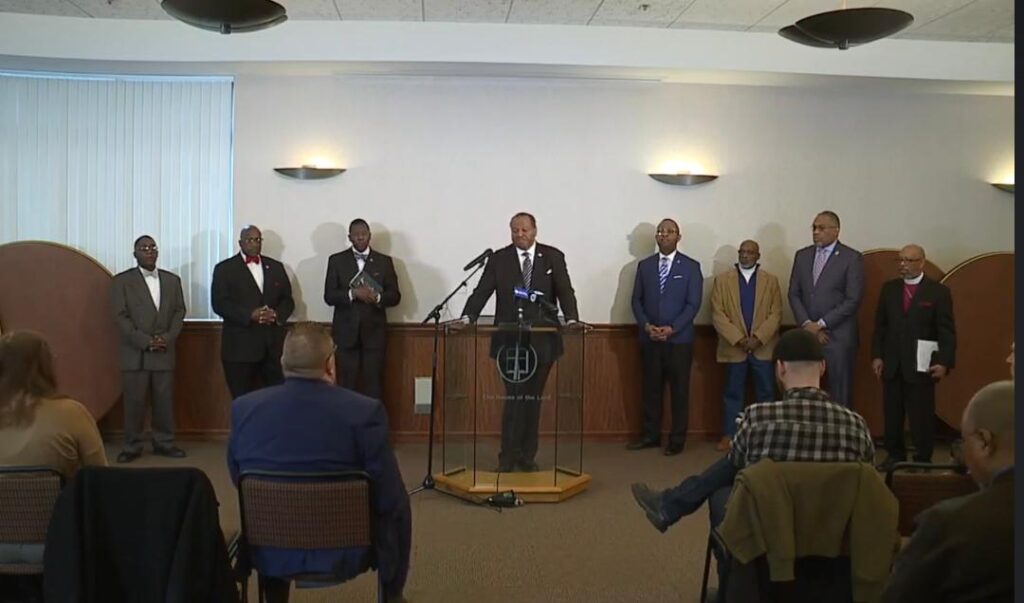
We seek truth and justice
The Eternal Leader of the Nation of Islam, the Most Honorable Elijah Muhammad, said in His monumental 1965 book, “Message to the Blackman in America,” that Black people have been dishonored, disregarded, and disrespected as so-called citizens of America and that true justice stands afar off for those desiring it.
“What glory and honor does a so-called Negro get under the Stars and Stripes? No honor, no glory—only hell,” Messenger Muhammad wrote. “We have proof of this by their so-called courts of justice. There is no justice for you—and this America knows. She would like to hurt every one of you and make you like it,” he said on page 209. “It pleases her to do you evil.”
Student Minister Stephen Muhammad of the Nation of Islam’s Akron Study Group, under the leadership of the Honorable Minister Louis Farrakhan, told The Final Call that the “No Bill” decision by the grand jury to not indict any of the eight officers who gunned down Jayland Walker, has left the community on edge and in a state of deep sorrow with additional protests starting shortly after the announcement.
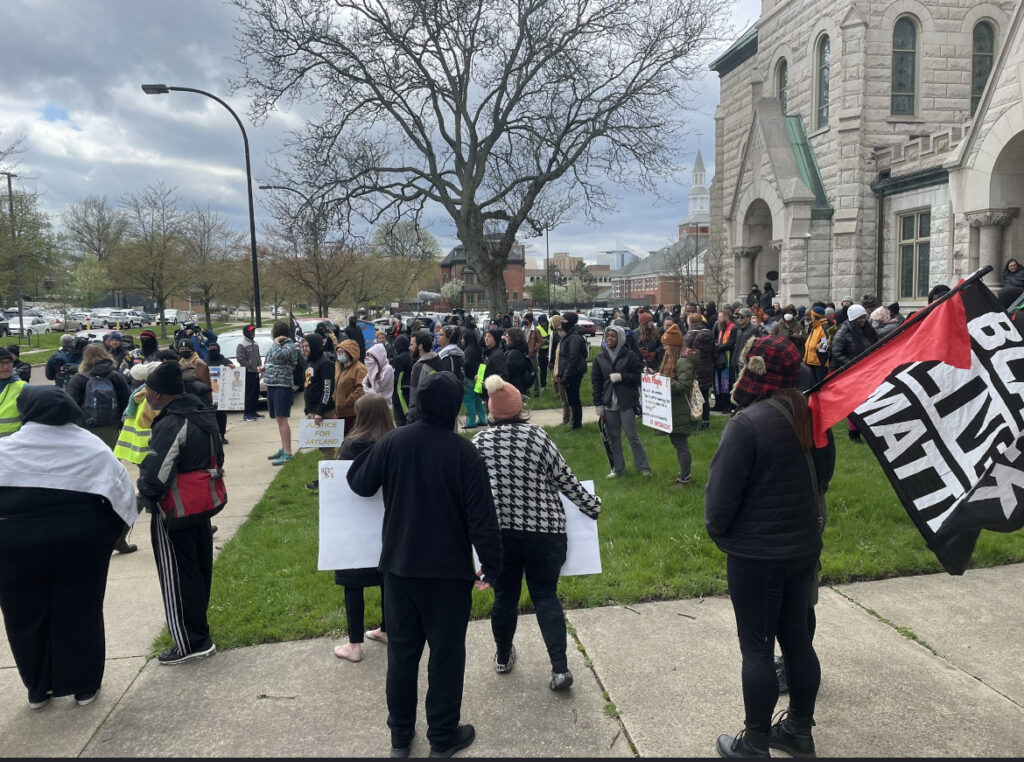
“There are two messages going out right now, the seasoned established clergy are exhorting young people to remain non-violent and don’t burn up property and don’t become destructive, while the grassroots groups have a very different feeling because when you’re hurting and you’re angry, that’s going to come out, so they’re saying that if there is no justice, then there is of course no peace,” Student Minister Muhammad said.
“People are still getting a sense of what all this means, so what we’re doing is we’re trying to facilitate community conversations over the next week at five different locations (where) people can come out—some churches, some community centers—where they can come out and continue to process this grief so we can eventually have a more constructive discussion on what is next for our community,” he said.
“The people continue to say that that young man did not deserve to be shot like that.”












